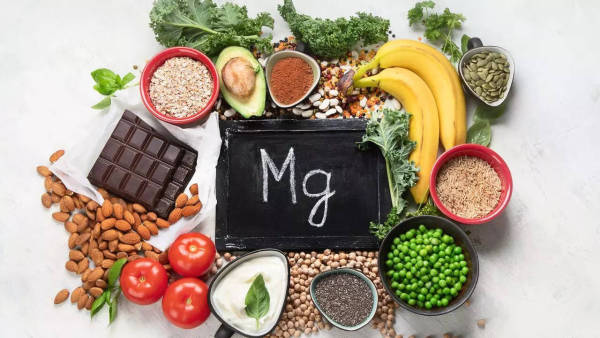
Brain fog describes a state of reduced mental clarity, forgetfulness, slow thinking, and difficulty concentrating. This brain fog often stems from inflammation in the brain, which can be triggered by chronic stress, hormonal imbalances, lack of sleep, or nutritional deficiencies.During the COVID-19 pandemic, brain fog gained mainstream attention as thousands of recovering patients reported persistent mental sluggishness. Brain imaging studies revealed structural and functional changes in memory- regions of the brain, similar to temporary cognitive impairment caused by alcohol or sleep deprivation. While brain fog often improves naturally with healthy lifestyle adjustments, ensuring the right nutritional support, especially magnesium, can accelerate recovery.
Magnesium is involved in over 300 biochemical processes, many of which are critical for optimal brain function. Its role includes:
A 2022 review published in the International Journal of Molecular Sciences confirmed that magnesium imbalance contributes to inflammation and oxidative stress in the brain, potentially increasing risks for Alzheimer’s, Parkinson’s, and multiple sclerosis.
According to the reports, yes, magnesium’s role in maintaining mental clarity. It helps by:
Studies suggest it may improve working memory, learning capacity, and even long-term memory. Other forms like magnesium glycinate and magnesium citrate also support relaxation and sleep, indirectly improving cognitive health.

A balanced diet can meet most people’s magnesium needs. Excellent natural sources include:
Despite dietary availability, soil mineral depletion and processed food consumption often result in suboptimal magnesium intake. For individuals experiencing persistent fatigue, stress, or mild cognitive issues, supplementation under medical supervision may help.The recommended daily allowance (RDA) for magnesium varies according to Onlymyhealth:
Choosing the right form is key—magnesium L-threonate for cognitive enhancement, or glycinate/citrate for relaxation and sleep support.